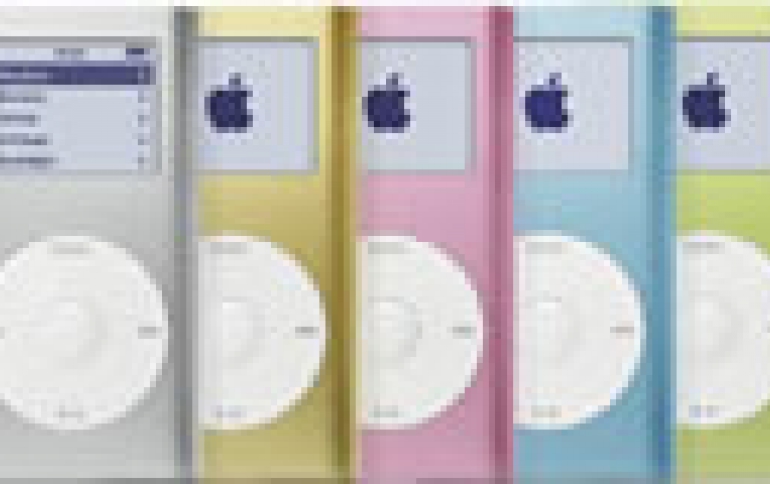
Hackers revive iTunes music sharing
A group of anonymous programmers has released new software that allows music to be swapped via Apple Computer's popular iTunes jukebox.
Like an older piece of software called MyTunes, the newly released OurTunes allows a person to browse complete iTunes libraries on other computers and download songs, either in MP3 or the AAC format preferred by Apple. Songs purchased from the iTunes music store and wrapped in Apple's copy-protection technology cannot be traded.
OurTunes works only among computers that share a network, however. That means that students or employees can swap songs on a local network, but cannot use it to browse computers on the Internet, as happens with file-trading programs such as Kazaa. Still, the software is likely to ring an alarm at Apple and among record company executives, who have waged war against file swapping since Napster's heyday.
Apple has spent much of the past two years trying to balance its own desire to expand the way people use their music with record companies' requests that songs be protected against unauthorized copying. iTunes' ability to stream songs throughout a home network has been one of the sources of this tension.
Since iTunes' release, Apple has increasingly touted it as the core of a home music system. It initially allowed streams to flow between Macintosh and, later, Windows computers on a network, and ultimately released the AirPort Express wireless device for beaming music directly to a stereo receiver.
Outside programmers quickly turned this capability into a way to stream songs over the Internet, and a host of iTunes-based Net radio stations emerged.
Apple blocked the Net streaming capability, but retained the ability to stream inside a single network. Trinity College student Bill Zeller then figured out how to turn the streaming capability into a way to download and save MP3s, and created MyTunes.
However, in April Apple blocked MyTunes from functioning. A spokesperson for Apple said at the time that iTunes technology had been "strengthened" so that song sharing was limited to authorized personal use.
With OurTunes, the developers have expanded on the earlier tools, writing the software in Java so that it will work on Windows or Macintosh computers and adding a search tool that MyTunes lacked. The software has been released freely under an open-source license.
On their Web site, the creators caution that it is still under development and may have bugs such as crashing or slowing computers. No information about the developers is included on the site and e-mails to a listed address were not immediately returned.
"If you like it--give us beer money, we're broke college students," the site reads.
From News.com





















